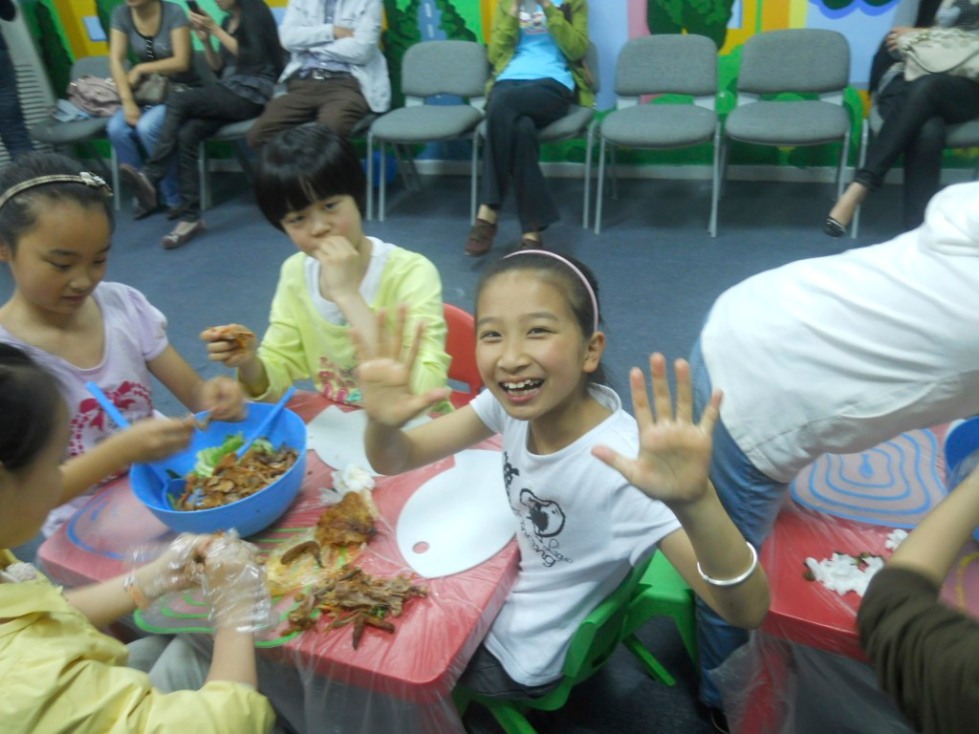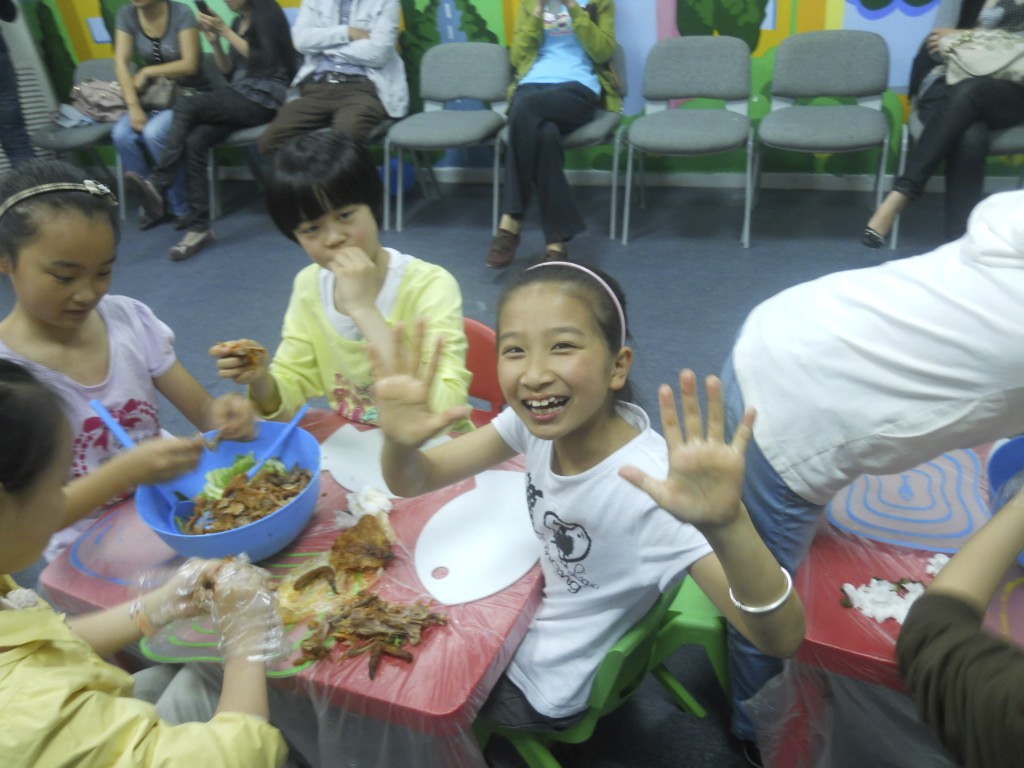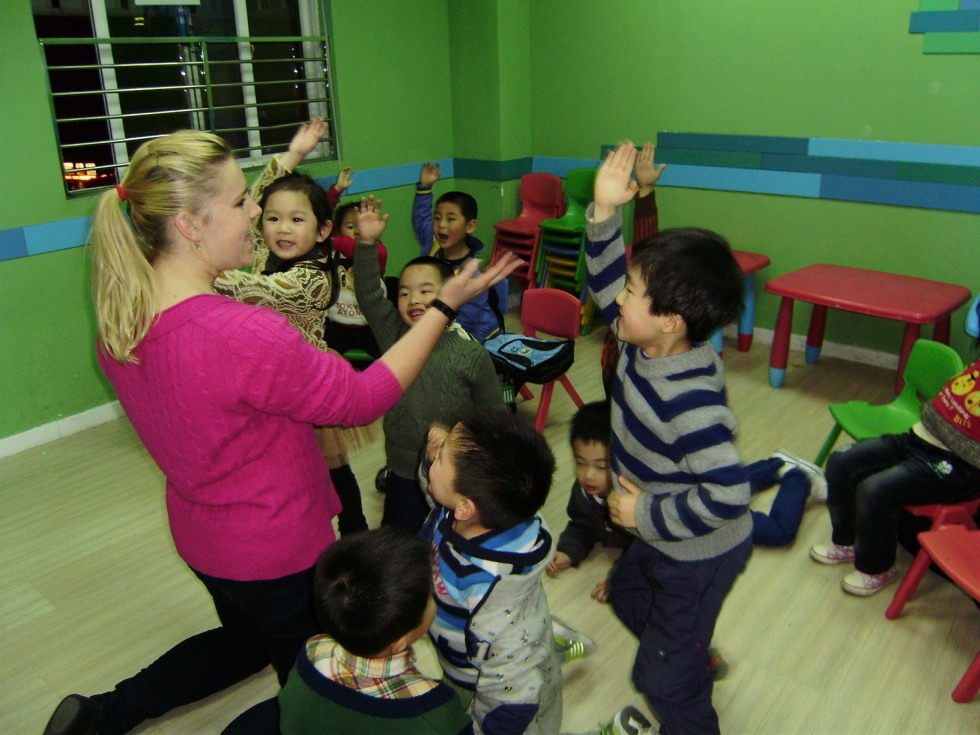As a way to fund my travels around the world and to give me a valid reason to be overseas working, I decided two years ago to study for a certificate that would enable me to teach English as a second language. From square one, this idea was a means to an end. I never aspired to be a teacher nor did I believe I would ever truly enjoy doing it. But, I wanted to travel and to live in foreign countries, therefore I needed a job. I shocked myself when I found that I actually enjoyed it more than I ever expected.
After 18 months in China teaching, it’s difficult to describe my experience. If you ask the people who were there at the same time as me, no words are needed, general facial expressions usually get your point across. In speaking to people who weren’t there, no matter how much I say, these words never seem to suffice.
I would describe teaching as rewarding, challenging, frustrating, and disappointing. If you’re a teacher, you probably have this smug look on your face, smiling, because you know already exactly why I’ve chosen these four adjectives. If you’re not a teacher, let me explain.
Upon my arrival in China, I received an avalanche of classes that I wasn’t prepared for. I had never taught and was given no time to work things out on my own. At the time, I felt like I was drowning. Now I realize it was a blessing that most of my students were as new and as fresh as me.
Teaching is rewarding when each week, during each lesson, you are able to see what the students have learned in the small amount of time you’ve spent with them.
These students came into my class not knowing anything. Literally. The first week(s) I taught them how to say “Hello, how are you?”, “My name is….”, “I’m seven years old”. Over six exhausting months I taught them these basic phrases, numbers, colors, and animals. This wasn’t enough time to have my students throwing temper tantrums in English, but it was enough for them to go to the zoo and tell you the names of the animals and whether or not those animals can run, jump, swim, or fly.
The moments when a student stops asking for your help to spell “elephant” or they finally ask to go to the bathroom in English, with correct grammar, rather than grunting and pointing is an indescribably rewarding moment. This moment is very personal, and can’t really be shared with anyone, except for maybe the teacher in the classroom next door trying to accomplish the same thing. These students are too young to realize they couldn’t say these simple things only a few months prior, but I see it, and it makes me proud.
With the youngest students, everything they say, spell, do, read, and know is from me. With others, the leaps and bounds they’ve made in the span of a year is primarily to my credit. I’m so proud of my students and the ideas they can express when I consider they could barely tell me how old they were only 18 months ago. Teaching is the most rewarding work experience I’ve encountered.
Being a teacher is challenging each and every day because students don’t give you anything.
They’re not there to help you. They sit, and wait, for you to give them something meaningful. It’s up to you to provide something worthwhile. Beginning a lesson with a set of new vocabulary or with complicated grammar rules generally send back some lost, confused, mouth gaping, empty expressions.
The quick realization that it is now my responsibility to not only describe and explain the new concepts, but that I also have to bring them to a deep enough understanding that they are then able to independently use this new information in the future is enough to make my head spin just planning the lesson. Being a teacher is rewarding when you realize the successes at the end of a long day, but to bring the students to this point of success is the most difficult task I’ve ever faced.
When standing in front of a classroom, you see a lot of things. Some students are lazy, many are tired, hungry, or distracted, and few are eager and willing. Piled on top of this, you have a classroom full of students who all learn quite well, but at varying degrees of speed and in different ways. Some learn by doing, some by listening, some by speaking aloud and learning from their mistakes, and still others learn the most through writing. Working with such a variety of students in one environment is often frustrating more than anything. It’s impossible to meet everyone’s needs as you feel you should.
They don’t feel frustrated, but you sure do trying to be exactly what each student needs at the time they need it.
After teaching the same students for an extended period of time, I started to grow emotionally attached to some of them. I looked forward to seeing them each week and I thoroughly enjoyed teaching them as they often made my job easy. Then it was time for me to leave. Do adults engrain their relationships a little deeper than young children, or is this a personal trait? When it was time to say goodbye, I didn’t know what to say or how to handle myself.
It was difficult for me to let go, but the students didn’t seem to have any qualms about it.
They wrote me adorable little notes saying thank you and that I was “the best English teacher they’ve ever had”, and then they left, almost running out of the classroom.
Teaching is rewarding. It’s challenging. Frustrating is often an understatement. Letting go is especially difficult on the few days you’re faced with it. Whether it’s an ESL classroom or an elementary science classroom, it doesn’t matter, the job you have as a teacher is anything but easy. But, in reality, none of this matters. I’ve barely begun my life in the work force and I can tell you now, teaching may be one of the most influential, life altering positions I could have ever accepted.
Other Stories You Might Like:



